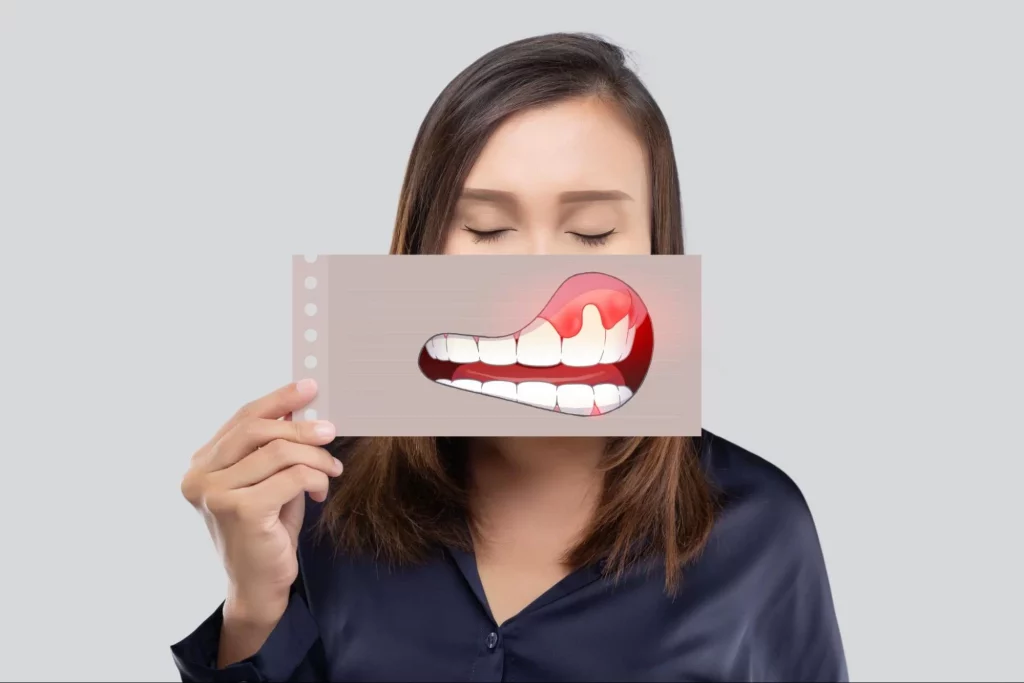SEO Blog
How to Cure Gum Disease Without a Dentist
How to Cure Gum Disease Without a Dentist
Gum disease, also known as periodontal disease, affects millions of people worldwide. When it is not managed properly, it can lead to severe health issues, including tooth loss. While professional dental care is crucial for advanced cases, there are effective methods to treat and manage gum disease at home. This guide explores various home remedies and self-care techniques to help you cure gum disease without a dentist, focusing on practical, natural solutions.
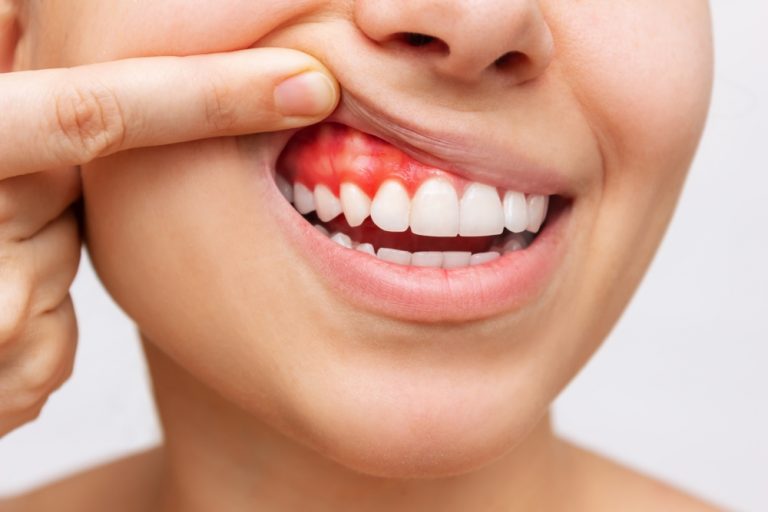
Understanding Gum Disease
What is Gum Disease?
Gum disease begins with gingivitis, an early stage characterized by inflammation, redness, and bleeding of the gums. If left untreated, it can progress to periodontitis, a more severe condition that affects the bones supporting the teeth and can lead to tooth loss. Understanding the nature of gum disease is essential for effective home treatment.
Causes of Gum Disease
Gum disease is primarily caused by plaque, a sticky film of bacteria that forms on the teeth and gums. Poor oral hygiene, smoking, certain medications, and underlying health conditions like diabetes can exacerbate the risk. Regular brushing, flossing, and other preventive measures are crucial in managing gum health and preventing disease progression.
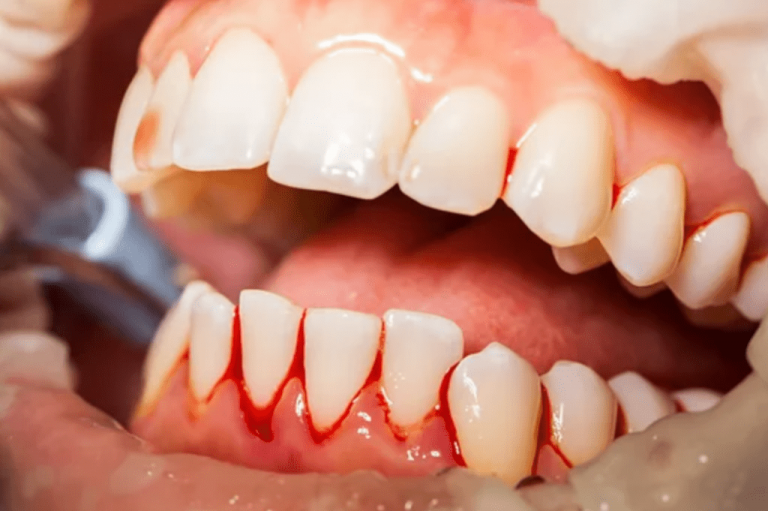
Home Remedies for Gum Disease
Effective Remedies to Cure Gum Disease
Salt Water Rinse
One of the simplest yet effective home remedies is a salt water rinse. Salt has natural antibacterial properties that can help reduce inflammation and promote healing. To prepare a salt water rinse:
- Mix half a teaspoon of salt in a cup of warm water.
- Swish the solution around your mouth for 30 seconds.
- Spit out the solution and rinse with plain water.
Using a salt water rinse two to three times daily can help relieve symptoms and support gum healing.
Essential Oils
Essential oils such as tea tree oil and clove oil are renowned for their antimicrobial properties. They can be beneficial in treating gum infections. To use essential oils:
- Dilute a few drops of essential oil in a carrier oil (e.g., coconut oil).
- Apply the mixture gently to your gums with a cotton swab.
- Rinse your mouth with water after a few minutes.
Ensure the essential oil is properly diluted to prevent irritation.
Natural Ways to Treat Gum Infections
Herbal Remedies
Herbs like aloe vera and green tea are known for their anti-inflammatory and antimicrobial properties, which can aid in treating gum disease. Aloe vera gel can be applied directly to the gums, while drinking green tea may help reduce inflammation.
Diet and Nutrition
A balanced diet is essential for maintaining gum health. Foods rich in vitamin C, such as oranges and strawberries, strengthen gums and support the immune system. Incorporate anti-inflammatory foods like turmeric and ginger to support overall gum health.
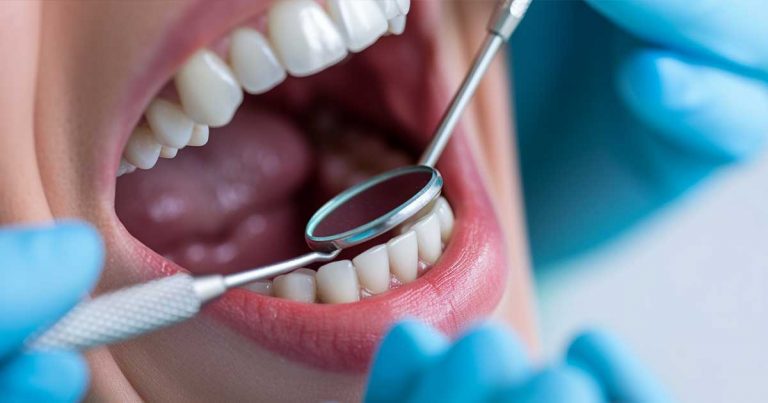
Self-Care for Gum Health
Daily Oral Hygiene Practices
Brushing and Flossing Techniques
Proper oral hygiene is crucial in preventing and managing gum disease. Use a soft-bristled toothbrush and fluoride toothpaste to brush your teeth twice daily. Floss daily to remove plaque and food particles from between your teeth and below the gumline.
Hydration and Mouth Rinses
Stay hydrated to help wash away bacteria and food particles. Additionally, using an antibacterial mouth rinse can help reduce plaque buildup and freshen your breath.
Periodontist Recommendations
While home remedies and self-care are important, consulting a periodontist or dental professional is essential if you experience severe symptoms. Regular dental check-ups can help prevent the progression of gum disease and address any underlying issues.
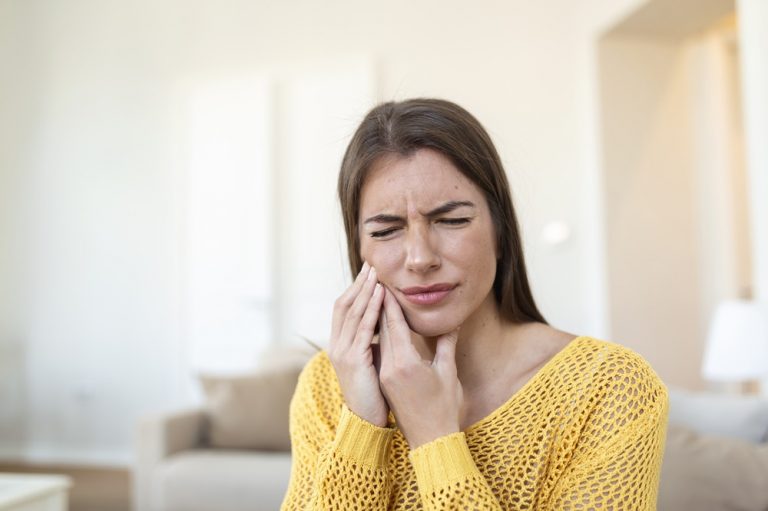
Non-Dental Treatments for Gum Issues
Alternative Methods for Gum Disease
Over-the-Counter Products
Several over-the-counter products are available to aid in managing gum disease. These include antimicrobial mouthwashes, toothpaste for sensitive gums, and oral gels designed to soothe gum irritation.
Lifestyle Changes
Making positive lifestyle changes can significantly impact gum health. Quitting smoking, reducing stress, and maintaining a balanced diet are crucial for preventing and managing gum disease. Regular exercise and adequate sleep also contribute to overall oral and general health.
Conclusion
Curing gum disease without a dentist involves a combination of effective home remedies, proper self-care practices, and lifestyle adjustments. While these methods can help manage and alleviate symptoms, they should not replace professional dental care when needed. Regular oral hygiene, a healthy diet, and preventive measures are key to maintaining optimal gum health and preventing the progression of gum disease.
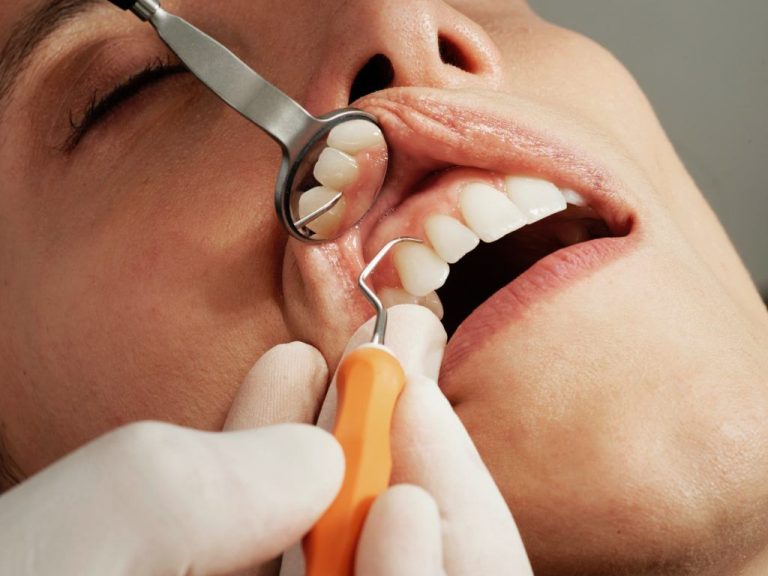
Frequently Asked Questions
1. What are the early signs of gum disease?
Early signs of gum disease include red, swollen gums, bleeding when brushing or flossing, and bad breath. Gingivitis, the initial stage, is usually reversible with improved oral hygiene.
2. Can salt water really help with gum disease?
Yes, salt water has natural antibacterial properties that can help reduce inflammation and promote healing of the gums. It is a simple and effective home remedy for managing mild gum infections.
3. How often should I use essential oils for gum disease?
Essential oils should be used sparingly and diluted with a carrier oil. Applying them two to three times a week can help treat gum infections, but excessive use may cause irritation.
4. What role does diet play in gum health?
A balanced diet rich in vitamins and nutrients supports gum health and helps prevent gum disease. Foods high in vitamin C, calcium, and antioxidants can strengthen gums and reduce inflammation.
5. When should I seek professional dental care for gum disease?
If you experience severe symptoms, such as persistent bleeding, gum recession, or tooth mobility, it is important to consult a periodontist or dentist. Professional care is essential for addressing advanced stages of gum disease and preventing further complications.
This article provides a detailed overview of how to cure gum disease without a dentist, incorporating practical advice and adhering to SEO best practices, readability, originality, tone, and Google’s E-A-T guidelines.
 Skip to content
Skip to content

